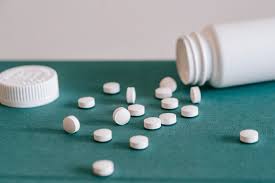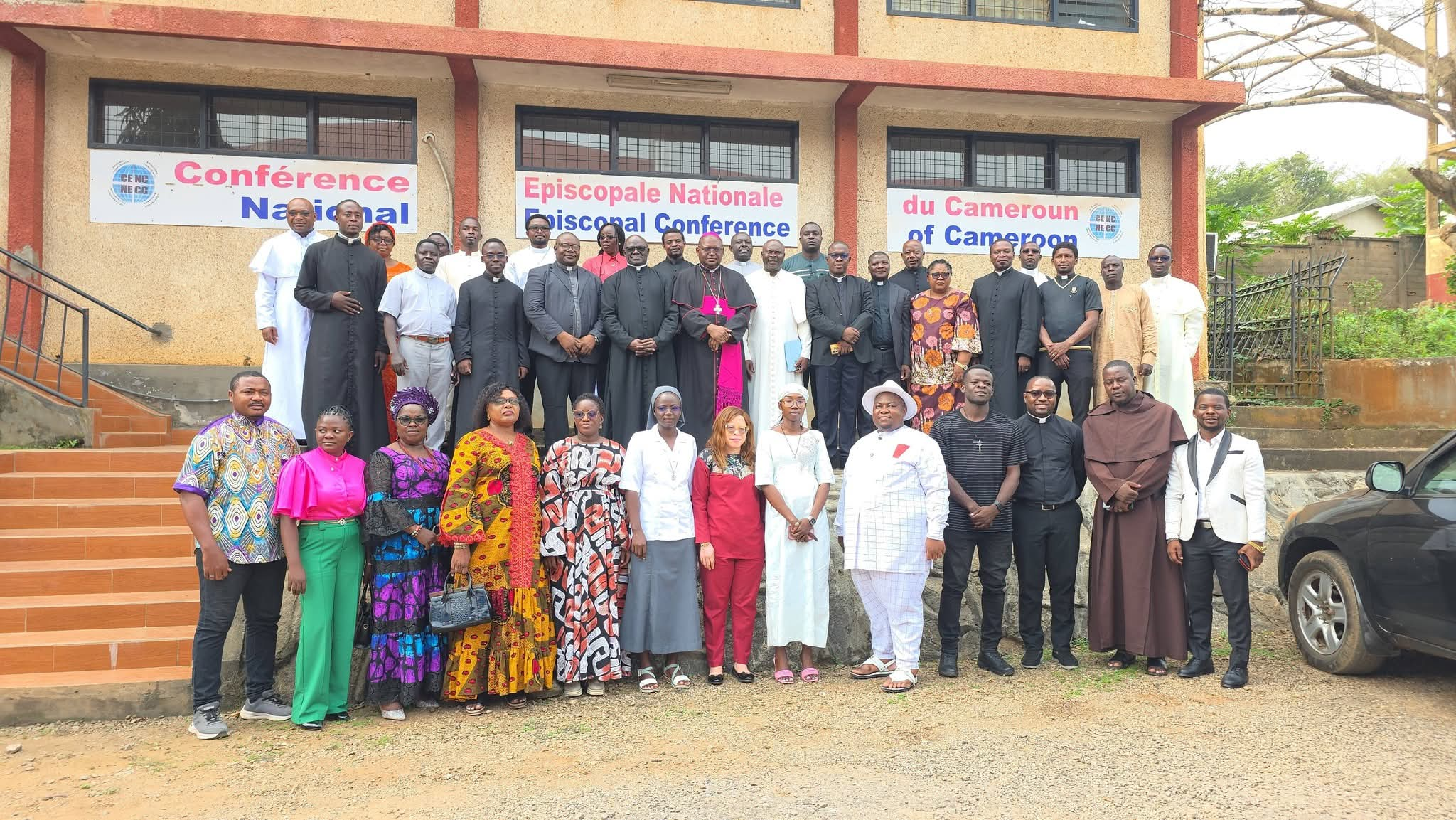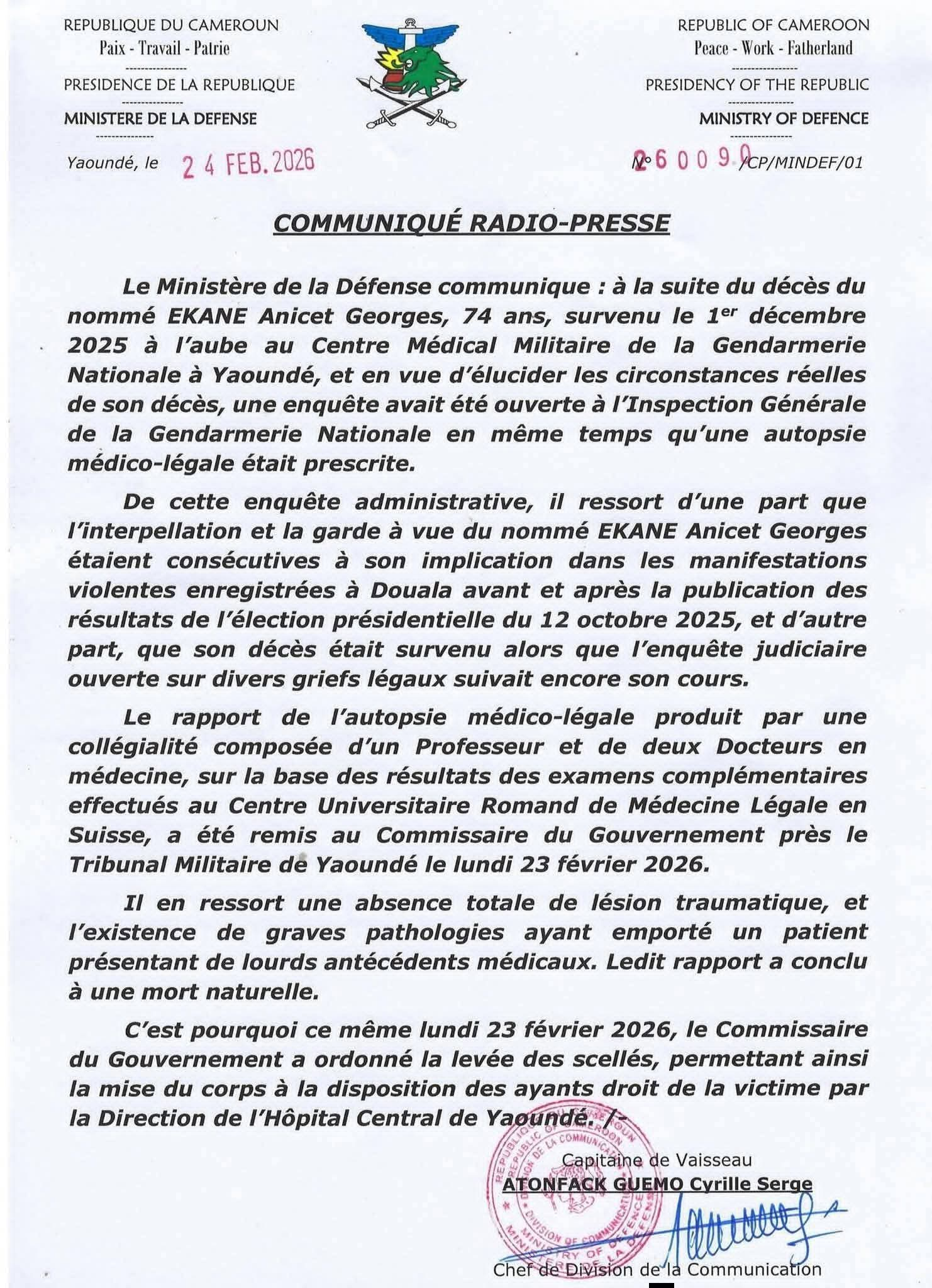Botswana has received three consignments of medicines over the past two weeks as part of a government programme to ease a shortage of drugs experienced by the country since early last year, the Ministry of Health announced on Wednesday.In a statement, the ministry said the consignments, which were received on January 16, January 20 and January 23, comprised medications for conditions like hypertension, heart disease, diabetes, mental diseases, skin diseases, asthma, scabies and malaria.
It said the latest consignment “also included painkillers, iron supplements, oral contraceptives, antibiotics and other categories of essential medications that have been in short supply in the country.”
“On 20 January 2023, the ministry received multitudes of oral rehydration solutions batches, which are used to treat and prevent dehydration and related diarrheal illnesses,” the ministry said.
The next consignment is expected in the country by the end of this week, it said.
“The ministry believes that with these deliveries the current medication shortages in the country will begin to subside,” the ministry said.
Botswana has since March 2022 been battling a shortage of medication at public health facilities, a problem that has particularly affected children and those who suffer from chronic diseases and require constant medication.
A number of factors have been cited as contributing to the shortage of medicines in Botswana. One is the lack of funding for the procurement of medicines, with the government accused of failing to allocate enough money to purchase medicines.
In addition, there have been delays in the delivery of medicines from other countries due to the COVID-19 pandemic. This made it even harder for pharmacies to stay stocked up on essential medications.
The shortage has also been blamed on the fact that many pharmaceutical companies have stopped manufacturing some drugs, which are not profitable enough for them to justify the cost of production.




